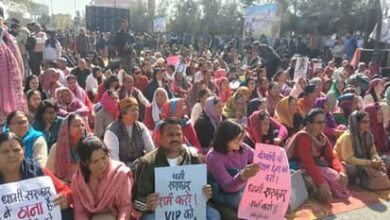Post Doctoral Fellowship in Neonatology at Graphic Era Institute of Medical Sciences soon

Post Doctoral Fellowship in Neonatology at Graphic Era Institute of Medical Sciences soon
Dehradun, January10
Graphic Era Institute of Medical Sciences is soon going to start Post Doctoral Fellowship Program in Neonatology for the treatment of newborn babies. This field of medical science will be connected to Artificial Intelligence (AI) and will hugely benefit the doctors in the area of research as well.
Graphic Era Group of Institutions’ Chairman Dr. Kamal Ghanshala, will inaugurate the programme on January 15, 2024. Director (Medical) Graphic Era Hospital Dr. Punit Tyagi, Vice Chancellor Graphic Era Deemed University Dr. Narpinder Singh, Registrar Dr. Dinesh Kumar Joshi, Medical Superintendent Graphic Era Hospital Dr. Nitin Bansal, Dean Prof. Sangram Singh, Course Director Rear Admiral Girish Gupta (retd) and Course Coordinator Dr. Shantanu Shubham will also be present during the event.
During the event, insights and expectations from the new course, AI in Neonatology, various dimensions of the course, and other related topics would be addressed by the experts. Under the guidance of renowned mentors in Post Doctoral Fellowship Program, researchers and students will be exposed to diverse perspectives and practices in neonatal care.






